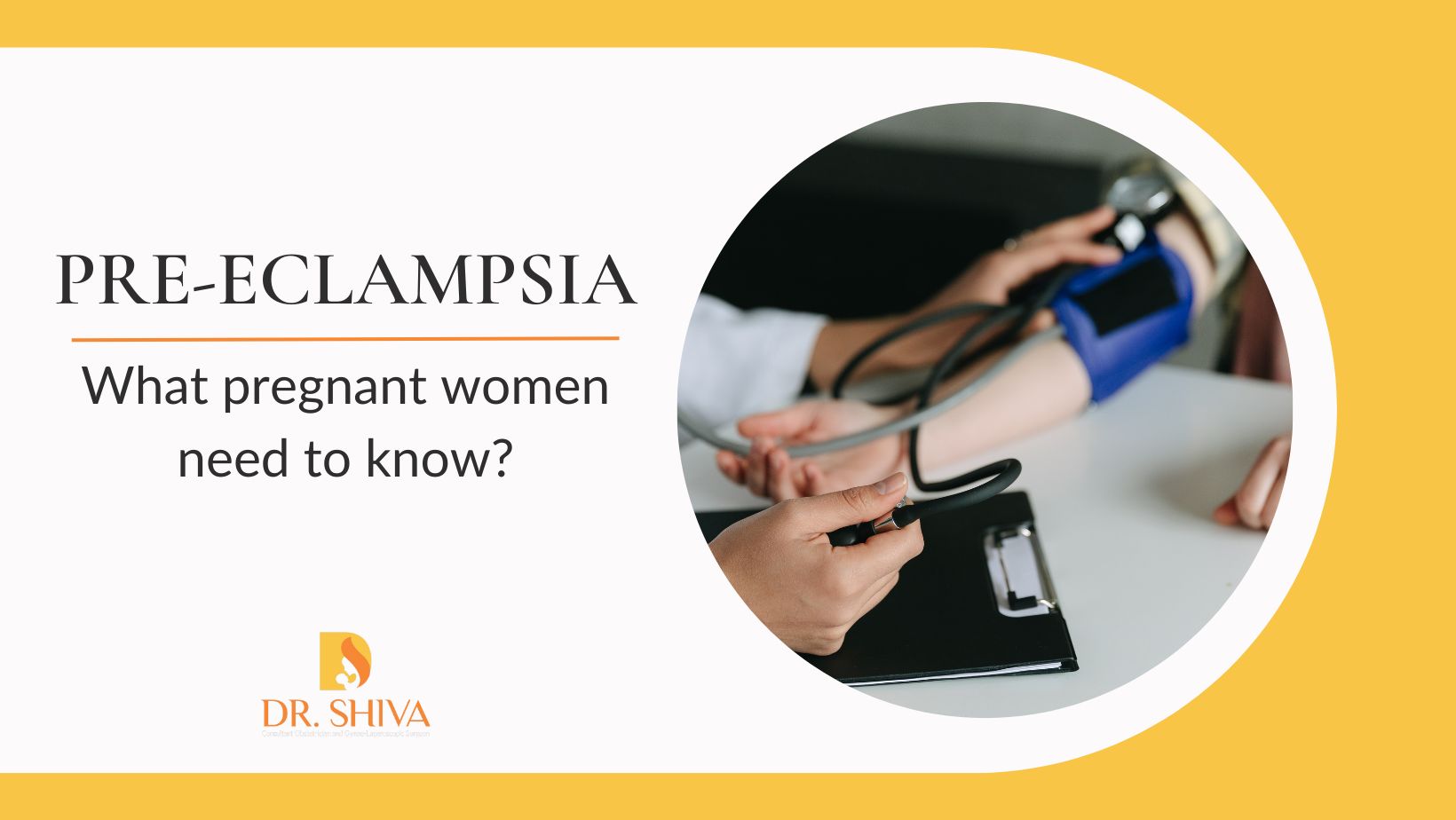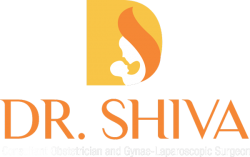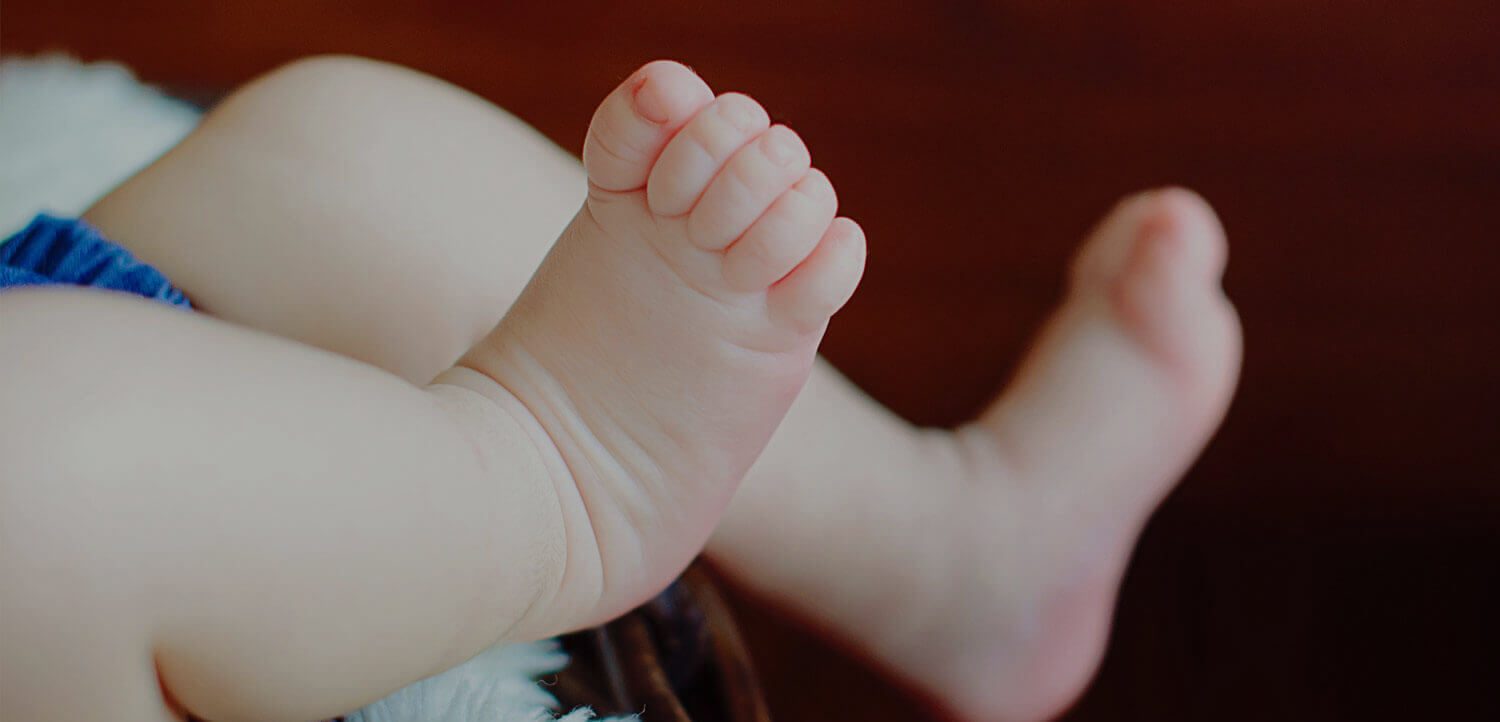
Pregnancy is a time of great joy and excitement, but it can also be a time of uncertainty and fear. One of the conditions that can cause anxiety for expectant moms is pre-eclampsia. This condition, also known as toxemia, can have serious consequences if left untreated. Preeclampsia may also develop in some after delivery and it is known as postpartum preeclampsia.
Symptoms of Pre-Eclampsia
Pre-eclampsia is a condition that typically occurs after the twentieth week of pregnancy. Symptoms can include –
- swelling of the face, hands, and feet,
- sudden weight gain,
- thrombocytopenia- low platelet count in blood
- high blood pressure,
- high level of protein in the urine-proteinuria
- kidney problems or issues with other organs
- breathing problems
- Other symptoms may include nausea, vision problems, headaches, and abdominal pain.
Risk factors
Factors that can increase the risk of developing preeclampsia
- Existing issue of having high blood pressure or hypertension even before pregnancy
- history of pre-eclampsia in the previous pregnancy.
- Obesity
- Having multiple babies
- More than 35 years of age
- Issues with kidney
- Autoimmune disease
- history of pre-eclampsia in the mother or her family.
Causes
The exact cause of pre-eclampsia is unknown. But it is thought to be an issue with the development of blood vessels in the placenta. It is the blood vessels that supply nutrients and oxygen to the baby and remove the waste products, but in this case, the blood vessels do not develop properly, and the placenta may not grow, or function correctly as expected. As a result, it affects the flow of nutrients and oxygen to the fetus and the baby may not grow and develop as expected. Due to the reduced functionality of the placenta, there can be a build-up of waste products and toxins in the blood vessels. The release of these into the mother’s bloodstream can cause blood pressure to rise resulting in preeclampsia and also damage to other organs such as the liver and kidneys.
Complications of Pre-Eclampsia
Pre-eclampsia can have serious consequences for both the mother and the baby if it is left untreated. For the mother, pre-eclampsia can lead to seizures, stroke, and even death.
For the baby, pre-eclampsia can cause –
- premature delivery – it can be unplanned and, in some cases, planned if they find that the risk to the baby is more if it continues to be in the uterus. In such cases, the baby will be delivered as soon as possible.
- low birth weight or fetal growth restriction-as the arteries carrying blood to the placenta are affected, the baby may not receive adequate nutrients.
- stillbirth
- HELLP syndrome – this can affect the organ system of the mother and baby.
Treatments for Pre-Eclampsia
If pre-eclampsia is diagnosed, your doctor will likely recommend bed rest and medications to lower your blood pressure. If the condition is severe, your doctor may recommend inducing labor to reduce the risk to both the mother and baby.
Prevention
Fortunately, there are steps that pregnant women can take to reduce their risk of pre-eclampsia. These steps include eating a healthy diet, exercising regularly, and monitoring your blood pressure. It is also important to let your doctor know if you have a history of pre-eclampsia in your family. Pre-eclampsia can be a scary condition for pregnant women, but with the right knowledge and care, it can be managed. If you experience any of the symptoms of pre-eclampsia, be sure to tell your doctor right away.

